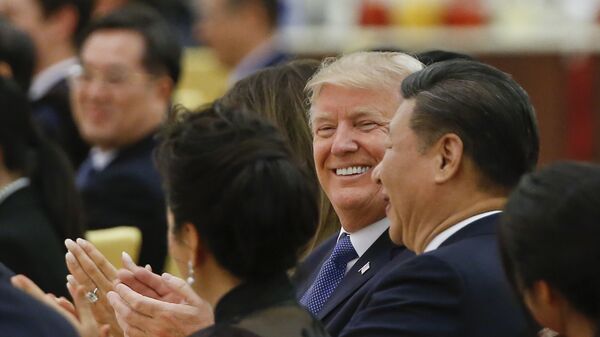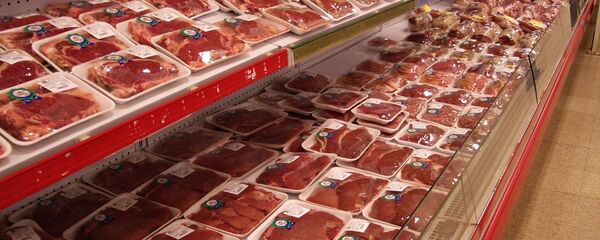The tax rate on consumer goods, including books, computers, food, furniture and medicine, will be reduced from 15 percent to 13 percent, the commission revealed in an online statement, according to Chinese news outlet Xinhua. In addition, the tax on items such as sporting goods, fishing supplies, textiles, electronic appliances and bicycles will be lowered from 25 percent to 20 percent in an effort to boost domestic consumption in the country.
China and the United States have been engaged in a trade war since US President Donald Trump announced in June 2018 that the US would subject $50 billion worth of Chinese goods to 25 percent tariffs in a bid to balance the US-Chinese trade deficit. The two countries have since launched several rounds of tit-for-tat tariffs. Although Washington and Beijing have held off on introducing new tariffs since the December 2018 G20 summit in Argentina, multiple trade consultations have yet to resolve the dispute.
On Friday, White House Press Secretary Sarah Sanders said "significant work" is still required in the trade talks with Beijing, but she noted that the two countries have already discussed intellectual property, forced technology transfers, non-tariff barriers, agriculture, services, purchases and enforcement.
"Significant work remains, and the principals, deputy ministers and delegation members will be in continuous contact to resolve outstanding issues," Sanders said Friday, according to multiple sources.
Meanwhile, Trump told reporters Friday that "the China meeting was a big success," referring to the latest round of talks between US Trade Representative Robert Lighthizer, Treasury Secretary Steven Mnuchin and a Chinese delegation led by Vice Premier Liu He that took place between April 3 and April 5 in Washington, DC.
"I don't want to predict a deal or not a deal, but we're very well along," Trump added.
"We have really negotiated probably the two hardest points," he also added, although he did not reveal any additional details.
Over the past two months, the two sides have been discussing issues related to cybertheft, forced technology transfer and intellectual property rights. In addition, the Trump administration has urged China to commit to purchasing hundreds of billions of dollars of American goods, including corn, soybeans, sorghum, natural gas, oil, coal, chemicals, semiconductors and airplanes, the New York Times reported April 1.
The outlet, citing anonymous sources close to the talks, also noted in a report released April 4 that the president was planning on announcing another summit meeting with China. However, the president's trade advisers have advised against scheduling a summit before a final deal between Beijing and Washington is reached.




